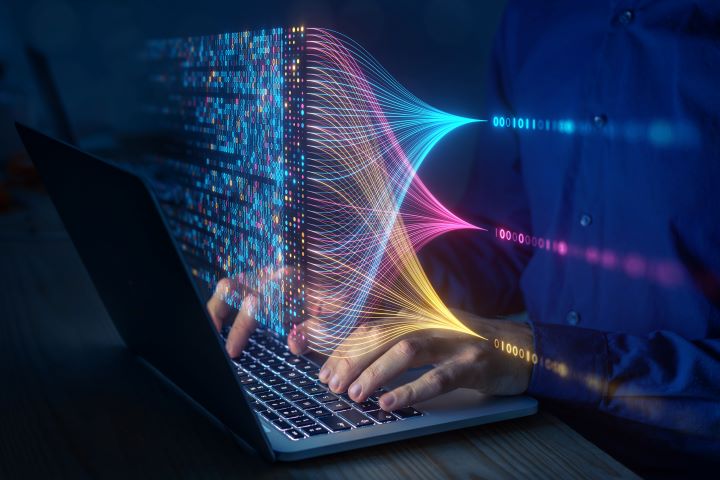The Surreal Symphony of Algorithmic Composition
In the ever-evolving landscape of music creation, a new frontier emerges that challenges our perceptions of artistry and creativity. Algorithmic composition, once a niche concept explored by avant-garde composers, is now at the forefront of a musical revolution. This fascinating intersection of technology and artistry is reshaping the way we think about music production, creativity, and the very essence of what it means to be a composer in the digital age.

From Analog to Digital: The Computer’s Role
The advent of computer technology in the 1960s and 70s marked a turning point for algorithmic composition. Composers and computer scientists collaborated to develop software capable of generating musical scores based on predefined rules and parameters. This period saw the birth of languages like MUSIC-N, which allowed for the precise control of synthesized sounds through computer code.
The AI Revolution in Music
Today, artificial intelligence has taken algorithmic composition to new heights. Machine learning algorithms, trained on vast datasets of existing music, can now generate original compositions that mimic various styles and genres. These AI composers are not just imitating human-created music; they’re pushing the boundaries of creativity, producing works that challenge our understanding of musical structure and aesthetics.
The Human Element in Machine-Made Music
Despite the growing sophistication of AI composers, the role of human creativity remains crucial. Many artists now view algorithmic composition tools as collaborators rather than replacements. This symbiotic relationship between human and machine is giving rise to entirely new forms of musical expression, where the lines between organic and artificial creativity blur.
Ethical and Artistic Implications
The rise of algorithmic composition raises profound questions about authorship, creativity, and the nature of art itself. As AI-generated music becomes increasingly indistinguishable from human-composed works, the music industry grapples with issues of copyright, artistic integrity, and the potential displacement of human composers. Yet, many argue that these tools democratize music creation, allowing individuals without formal training to express themselves musically.
The Future Sound of Algorithmic Composition
As we look to the future, the potential of algorithmic composition seems boundless. From personalized music experiences that adapt in real-time to listeners’ moods and environments, to the creation of entirely new genres born from the fusion of human and machine creativity, the landscape of music is set for a transformation unlike any we’ve seen before. The surreal symphony of algorithmic composition is just beginning, and its crescendo promises to redefine our relationship with music for generations to come.





